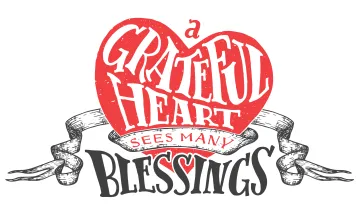The Power of Thank You
Gratitude Project creates sense of belonging.
Scientific studies show that people who show gratitude are more likely to thrive. Through the Gratitude Project, an initiative offered by the University of Arizona’s Student Success & Retention Innovation, students, staff and faculty members can send personalized thank-you notes to other members of the university community.
“We know that students who are more engaged with the university community and have connected with other community members feel a stronger sense of belonging and are more likely to persist,” says Jenny Nirh, SSRI’s associate director for communications and outreach, who oversees the Gratitude Project.

“Through the Gratitude Project, we hope to enrich the experience and sense of belonging of all Wildcats.”
While the program is now in its fourth semester, this round marks the first time that the Gratitude Project is fully online, replacing paper mailings.
“Thank you for the academic and emotional support during this unprecedented time,” one student wrote in a note submitted recently. “I have never had a teacher as considerate and passionate as you, it has truly been an unforgettable experience. The world needs more professors like you. Thank you.”
By the end of the spring semester, almost 500 notes had been sent.
Nirh says that encouraging people to show appreciation for others positively impacts both the sender and the recipient. And a note of appreciation doesn’t have to be elaborate to make someone’s day or put a smile on their face.
Parents of university students also have felt inspired to send notes of gratitude.
One note to a staff member in the Strategic Alternative Learning Techniques Center stands out for Nirh: The services provided by the staff member, it says, “made all the difference in the world.” Without those services, the note continues, the student might not have finished the year, let alone experienced success.
Nirh says her favorite part of the Gratitude Project is seeing the impact that people can have on their community and the student experience.
“People say really meaningful and positive things about those who have helped them,” she says. “All around, this is such a positive program and it feels great to work on this.”
